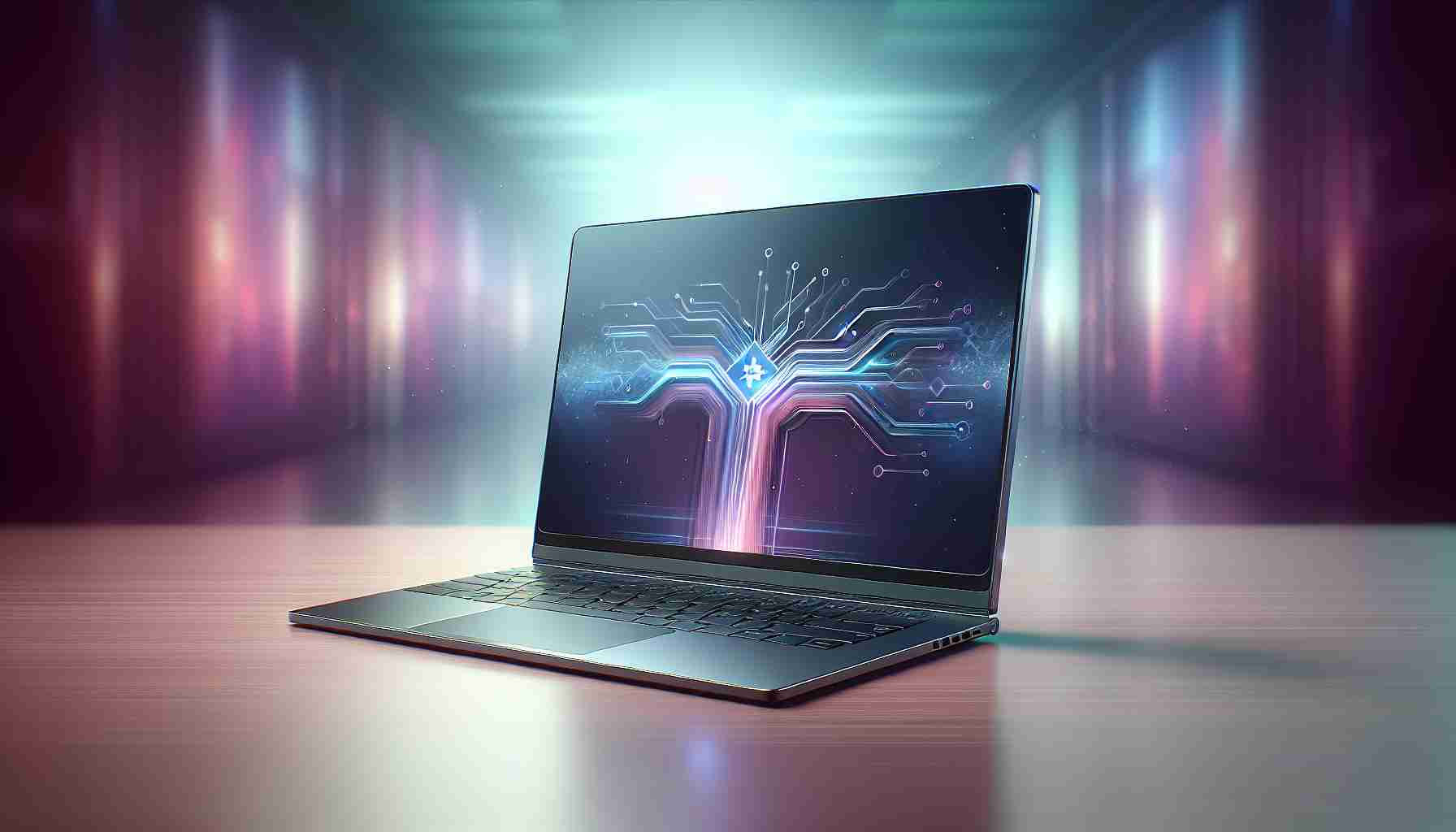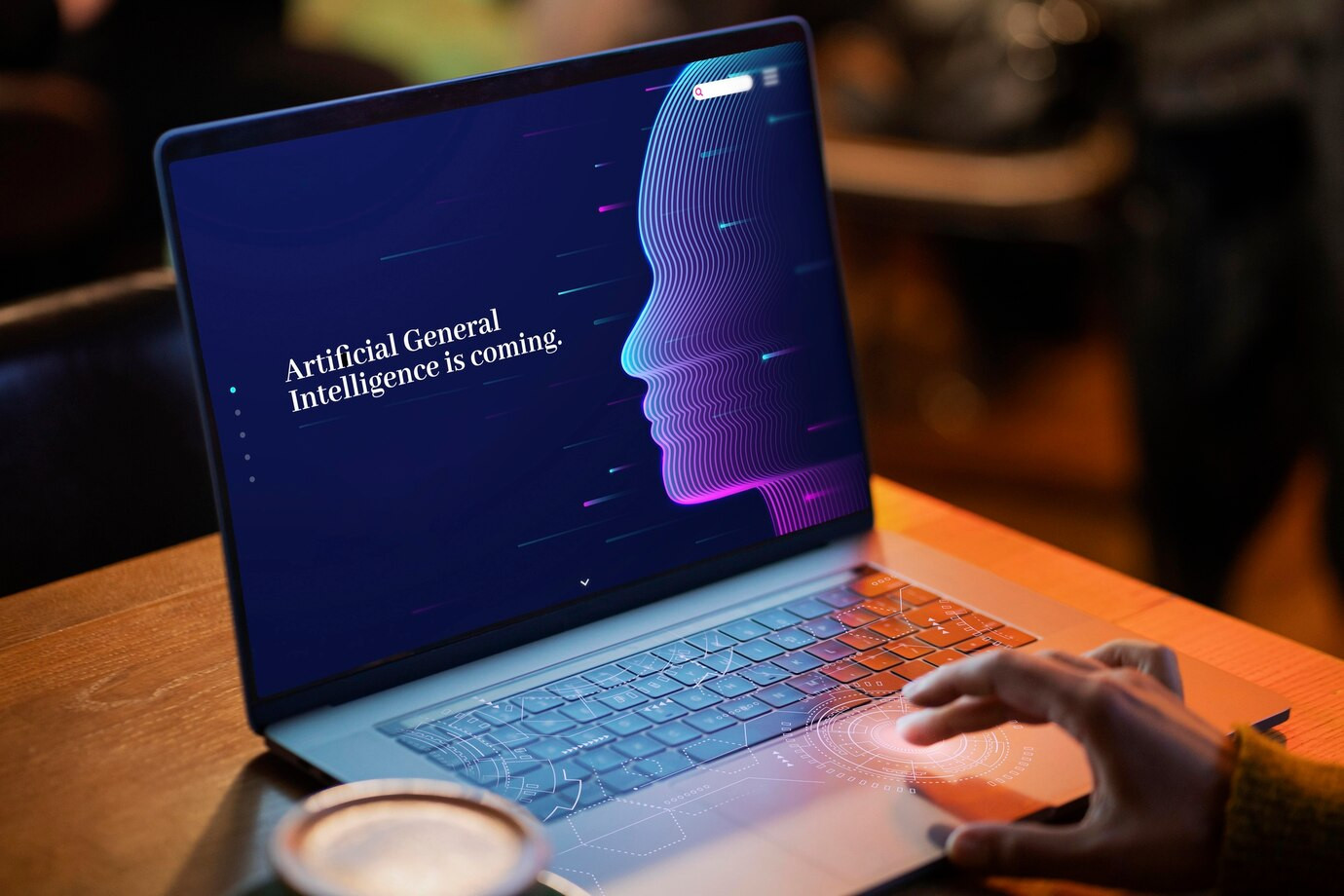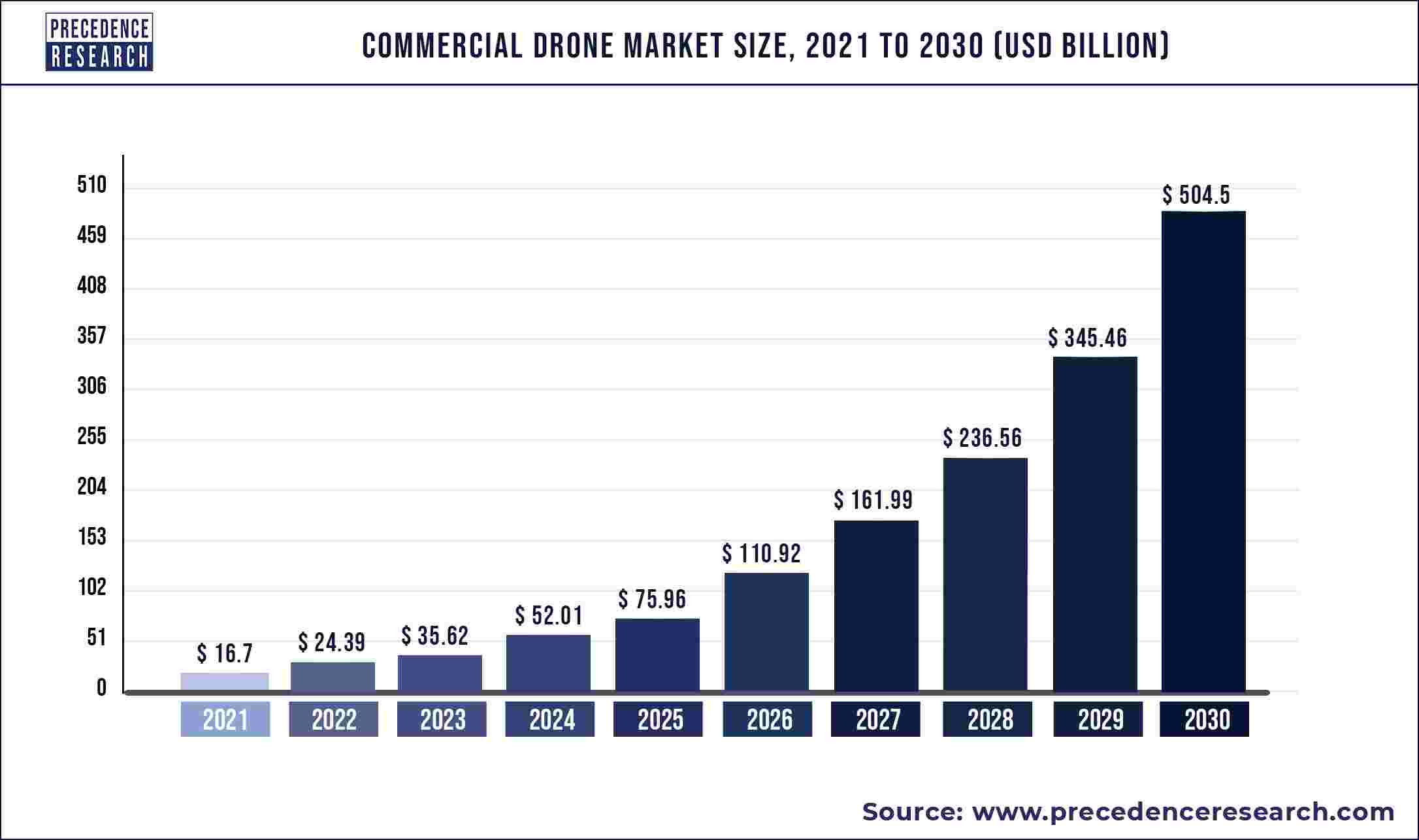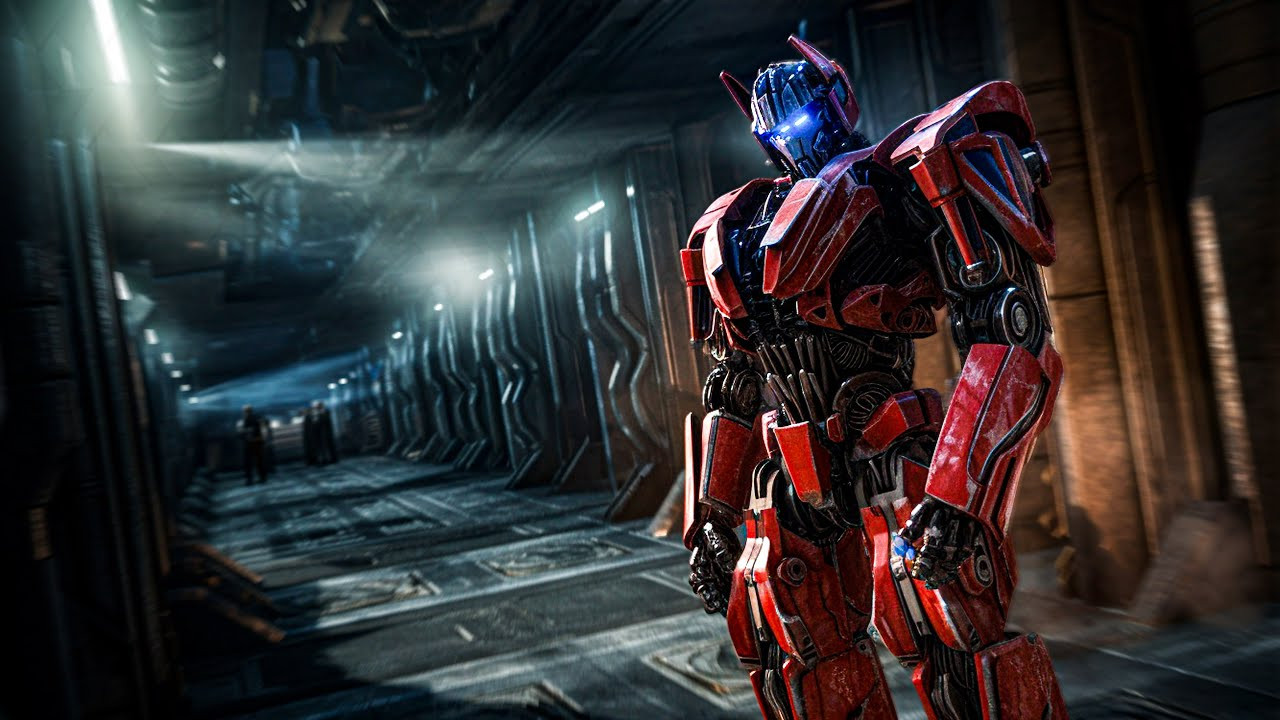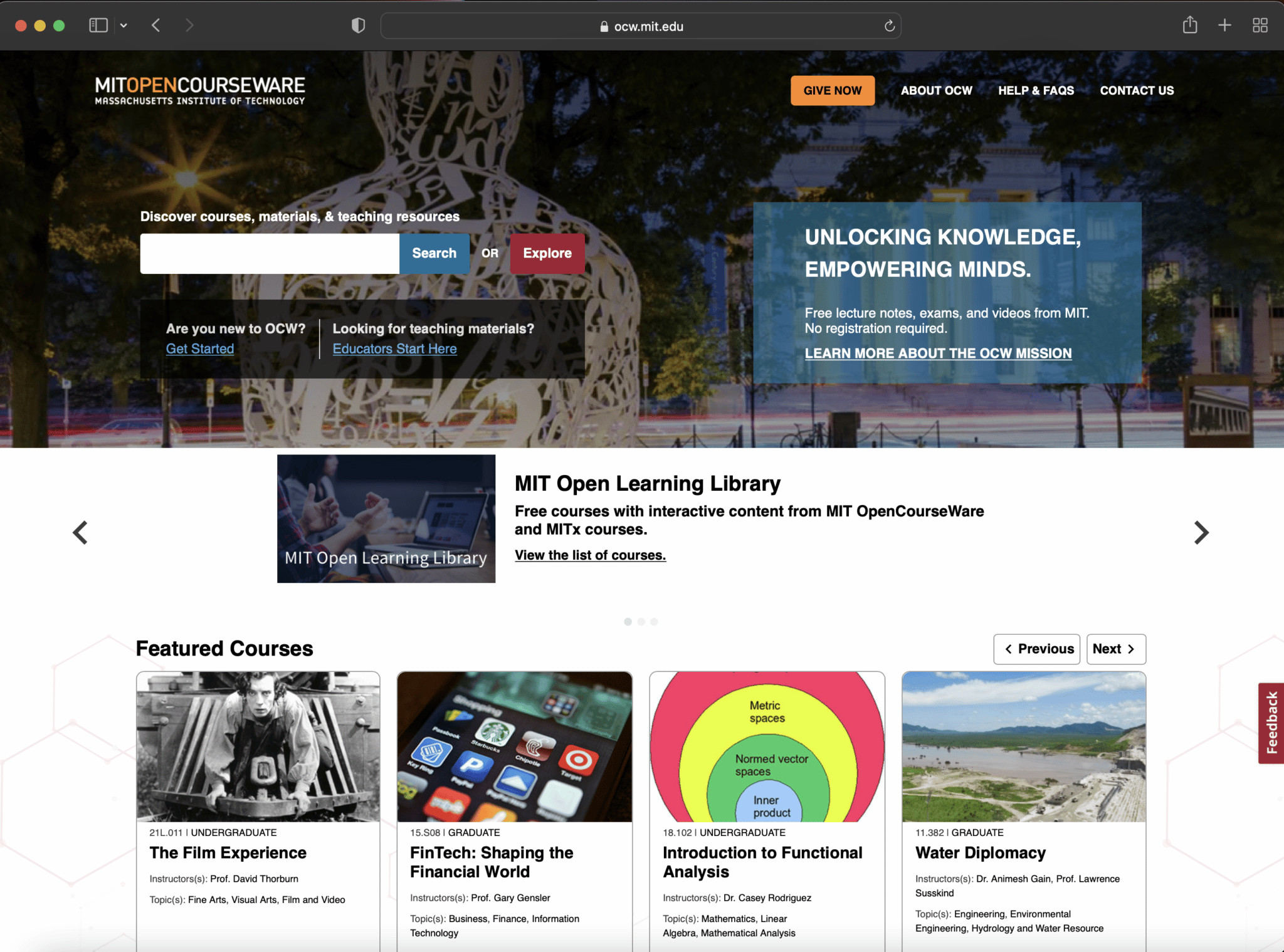The year 2024 marked the arrival of AI-integrated laptops, a revolutionary concept that is swiftly becoming mainstream. However, manufacturers are pushing a technology that is still in its early stages, leading to a premature release of a technology that is not yet fully developed. The hype surrounding AI laptops is palpable, but the reality is far more complex.
While manufacturers tout the advantages of AI-powered laptops, their benefits are not yet fully realized. While there are improvements in performance and battery life, these enhancements often fall short of expectations. In reality, the AI features integrated into these laptops are not yet robust or comprehensive enough to make them truly compelling. For instance, features like Microsoft's Recall, aimed at capturing every action on a PC, have faced several delays due to technical complexities and privacy concerns.
The Race for AI Dominance: Windows vs. Apple
The battle for AI supremacy has intensified between Windows and Apple, each with their own approach. Windows, through its Copilot+ program, focuses on enhancing the AI capabilities of laptops by integrating AI functionalities into the operating system. On the other hand, Apple has launched its own AI-powered system called Apple Intelligence, which is currently in beta for MacOS devices. While Apple claims its system poses no privacy risk, the reality is that Apple Intelligence relies on ChatGPT for more demanding calculations, making it a hybrid AI system.
The Snapdragon Challenge
Qualcomm's Snapdragon processors, with their ARM architecture, have emerged as a viable alternative to traditional Intel and AMD processors. These energy-efficient processors offer impressive performance gains, particularly in terms of battery life. However, The transition from traditional Intel and AMD processors to Snapdragon resembles Apple's shift from Intel to M1 in 2020. While Snapdragon processors offer similar or even superior performance, the compatibility of applications and games remains a concern. Not all applications and games are optimized for ARM architecture, leading to potential performance issues. Furthermore, the availability of affordable laptops with Snapdragon processors is limited, making them less appealing to budget-conscious consumers.
The Future of AI Laptops
The future of AI laptops is uncertain. Despite manufacturers' efforts to push these devices into the market, their appeal is limited by the current stage of AI technology. The added features and performance enhancements are not yet significant enough to entice consumers to upgrade their existing laptops. The industry is still grappling with the complexities of AI integration and its potential impact on privacy and security. While AI laptops hold immense promise for the future, their true potential remains to be seen. The real breakthrough in AI laptops will likely come when applications are developed that truly leverage the power of AI to enhance user experience and productivity.
The Verdict: Not Quite Ready For Prime Time
Ultimately, the current AI-powered laptops are more hype than reality. The benefits are not yet tangible enough to warrant a significant price premium, particularly for users who are not tech-savvy or who do not have a specific need for AI-powered features. The focus on battery life and performance gains, while admirable, is not enough to set AI laptops apart from traditional laptops. The next few years will be crucial for the development and refinement of AI technology in laptops. Only then will AI laptops truly become game-changers in the technology landscape.




